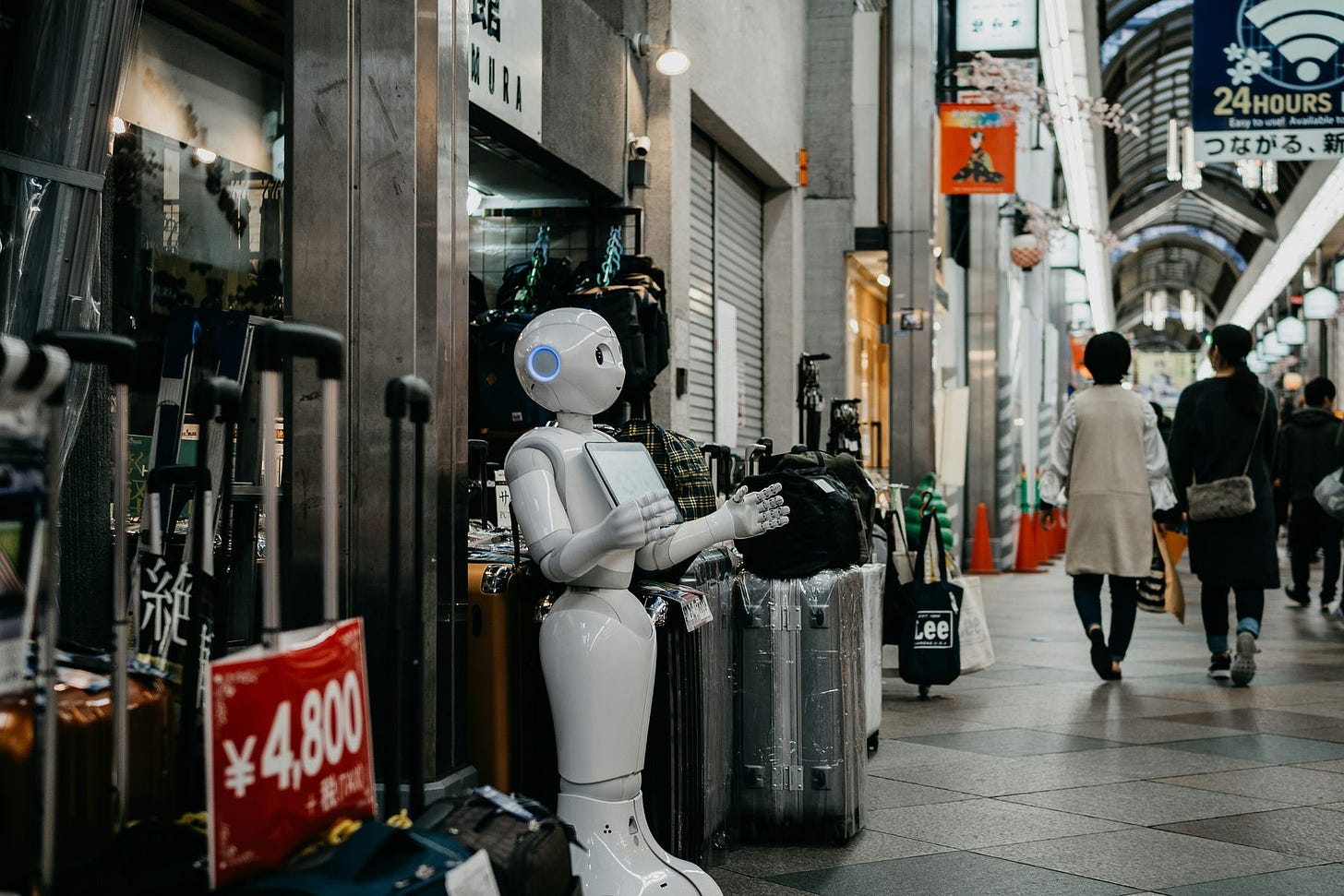In the World of AI, What Have Engineers Experienced?
2 Key Reasons for Silicon Valley AI Engineers Burning Out
The AI boom has left engineers in Silicon Valley exhausted and overwhelmed. They work on weekends to write code, only to see it go to waste when priorities change.
Everyone tries to outrun their competitors. Speed is the top priority. Leaders need to think about the actual impact more quickly.
Inexperienced and untrained people are brought in to work on AI projects. Many struggle to meet deadlines, with little chance to learn from experts.
Weird things are happening at big tech companies in Silicon Valley because of the AI frenzy.
Never-ending Grind
An Amazon engineer had planned a relaxing weekend. But his boss suddenly demanded he finish a project by 6 AM Monday. He had to cancel plans with friends and work through the night. In the end, the project was deprioritized, and his efforts were wasted.
This is normal for him. AI experts often urgently develop new features, only to have them paused. Then they must address other AI projects’ emergencies.
This engineer once wrote thousands of lines of code for a new AI feature without error checking. The code was error-prone due to lack of testing. Team members sometimes had to contact each other at night to fix software issues.
Amazon’s leaders care more about appearances than quality when copying competitors’ products.
Google and Microsoft engineers face the same problems. They must quickly release tools to avoid falling behind. All of Silicon Valley is under huge pressure. Each AI releases races to beat competitors. Leaders don’t care about the real effects of many projects.
An Amazon AI engineer says they hired untrained people to finish a delayed project. Managers give “motivational” speeches to push employees.
Employees feel the work is about meeting investors’ goals, not solving user problems. Employers ignore the negative effects of AI to move quickly.
Many employees face burnout and leave the AI field due to the high-pressure work. This is the hidden side of the generative AI gold rush.
Using AI for the sake of using AI
Tech companies have AI engineers who just use AI, not solve problems.
A Microsoft AI engineer said their work is about hype, not real use.
They use AI for problems that don’t need it, even though it’s less efficient.
Another engineer at an internet company was moved to an LLM research team just because “AI is so hot.”
The AI engineer believes the generative AI field has many exaggerated claims.
It seems like there are major AI breakthroughs every two weeks, but everyone is doing the same work.
The engineer must make new AI demos for the board in 3 weeks. But the products are not useful.
He also made a web app to please investors, but it has nothing to do with the team’s work and no one uses it after the demo.
The fintech startup manager said executives want AI. But they don’t know what problems to solve.
One project just repackaged the company’s algorithm as “AI”. They added a ChatGPT plugin.
The retail startup has one AI engineer. They have to handle all AI tasks. The investors have unrealistic demands.
Tired of this, the engineer just wants to quit, go to grad school, and do independent AI research.
Conclusion
As I said before, big companies are hurrying to release products fast. They’re doing less testing and not checking if AI is accurate.
But rushing AI projects to beat others can fail easily.
Look at Google’s Gemini image creation. It’s been in many discrimination controversies.
AI is in a big bubble right now.





